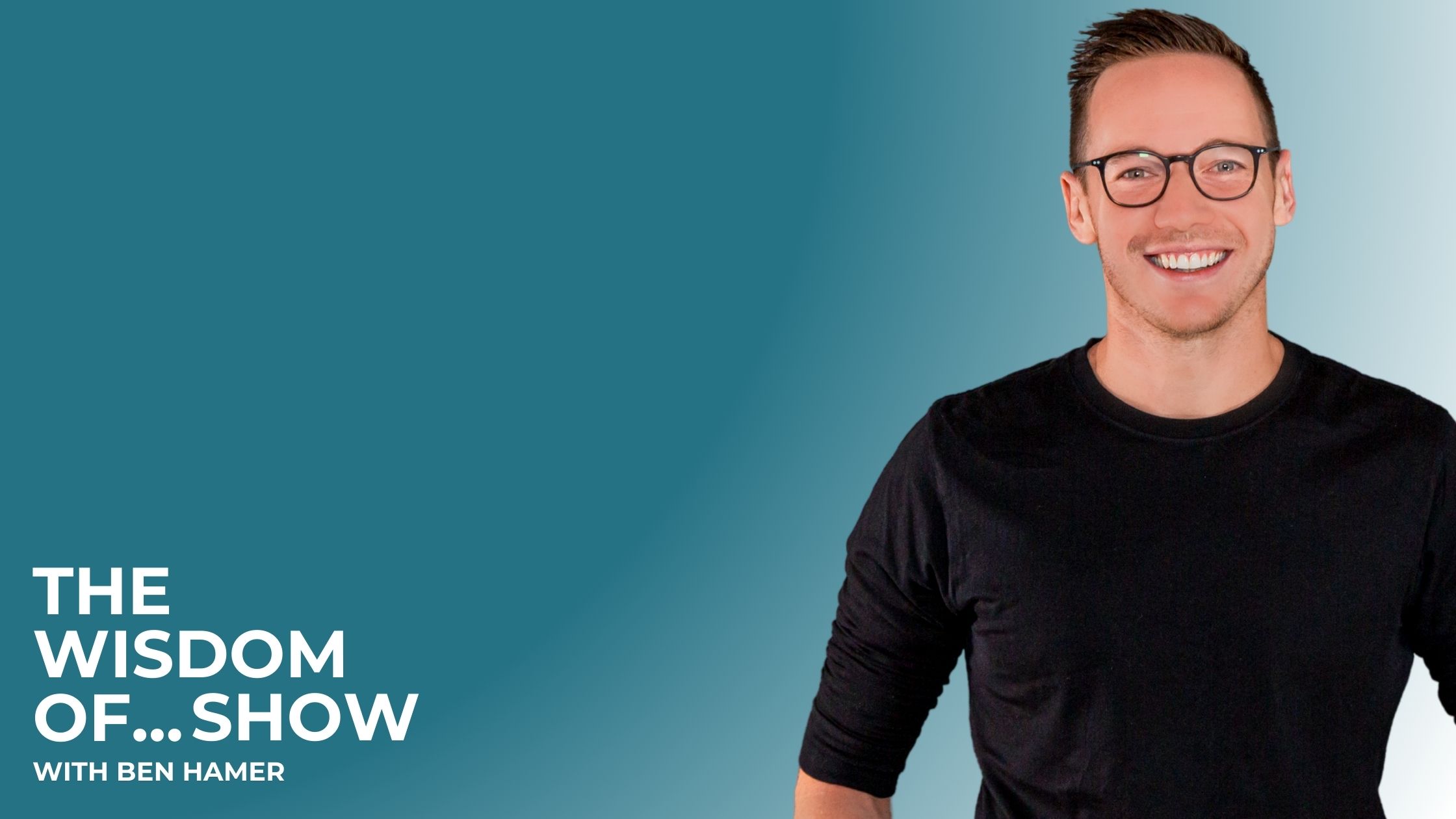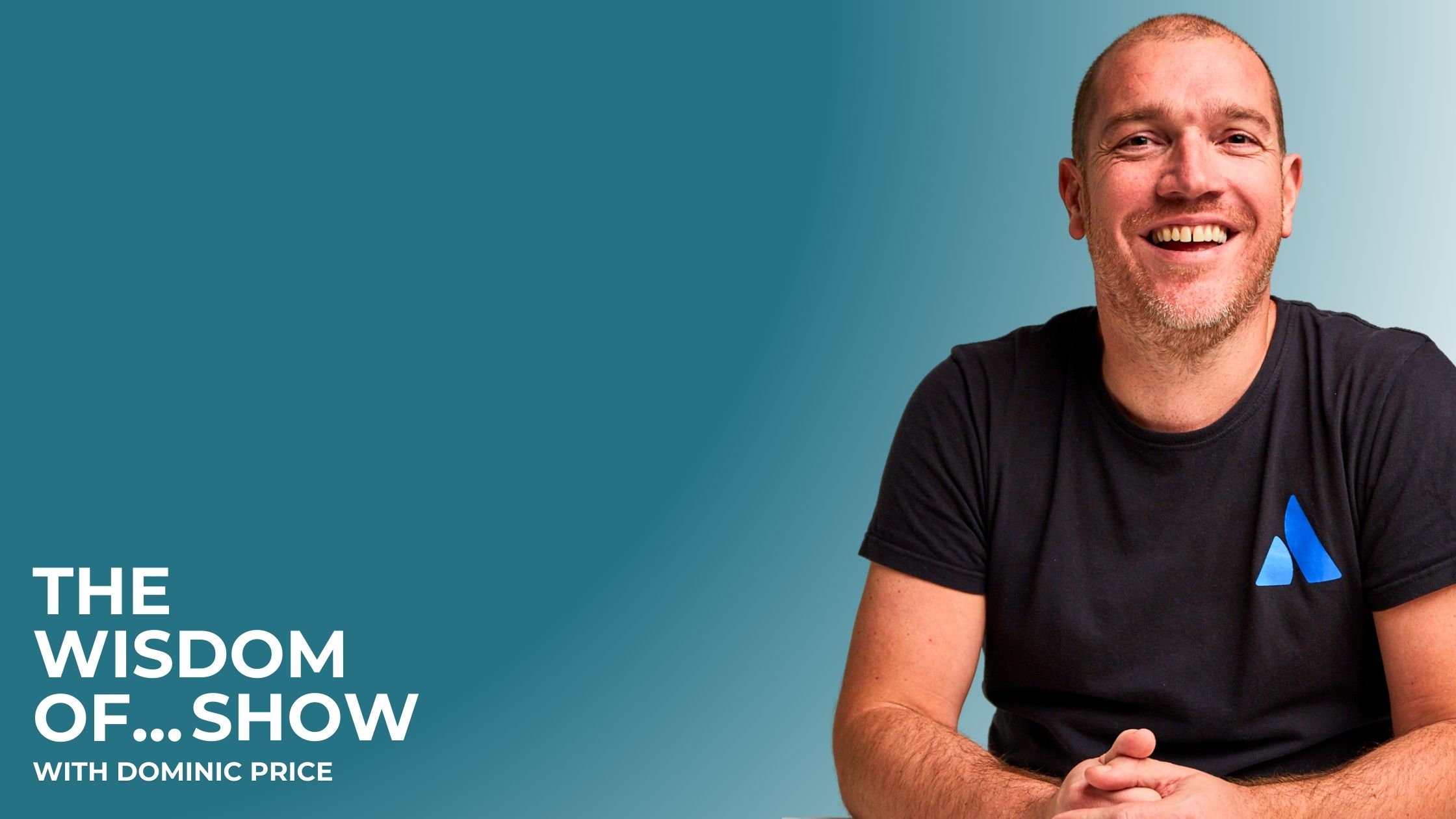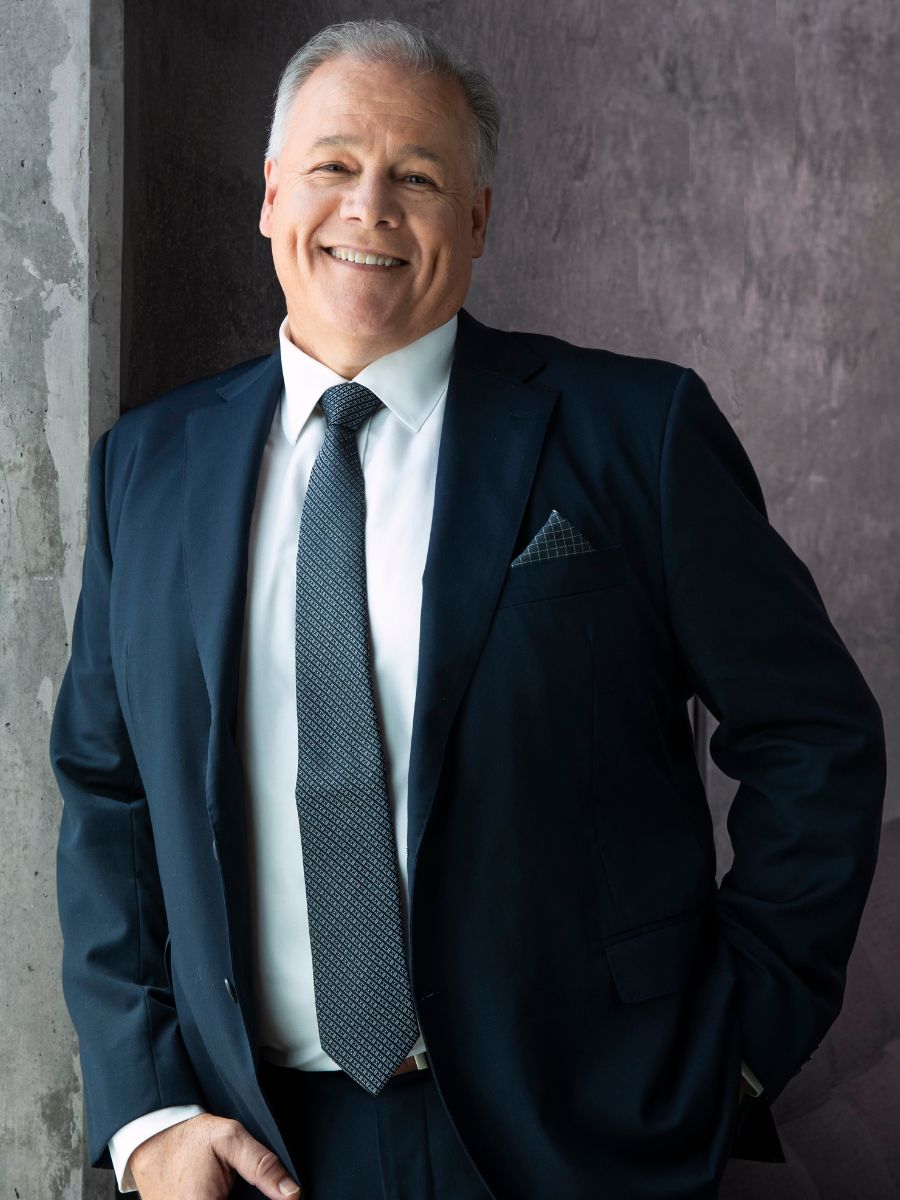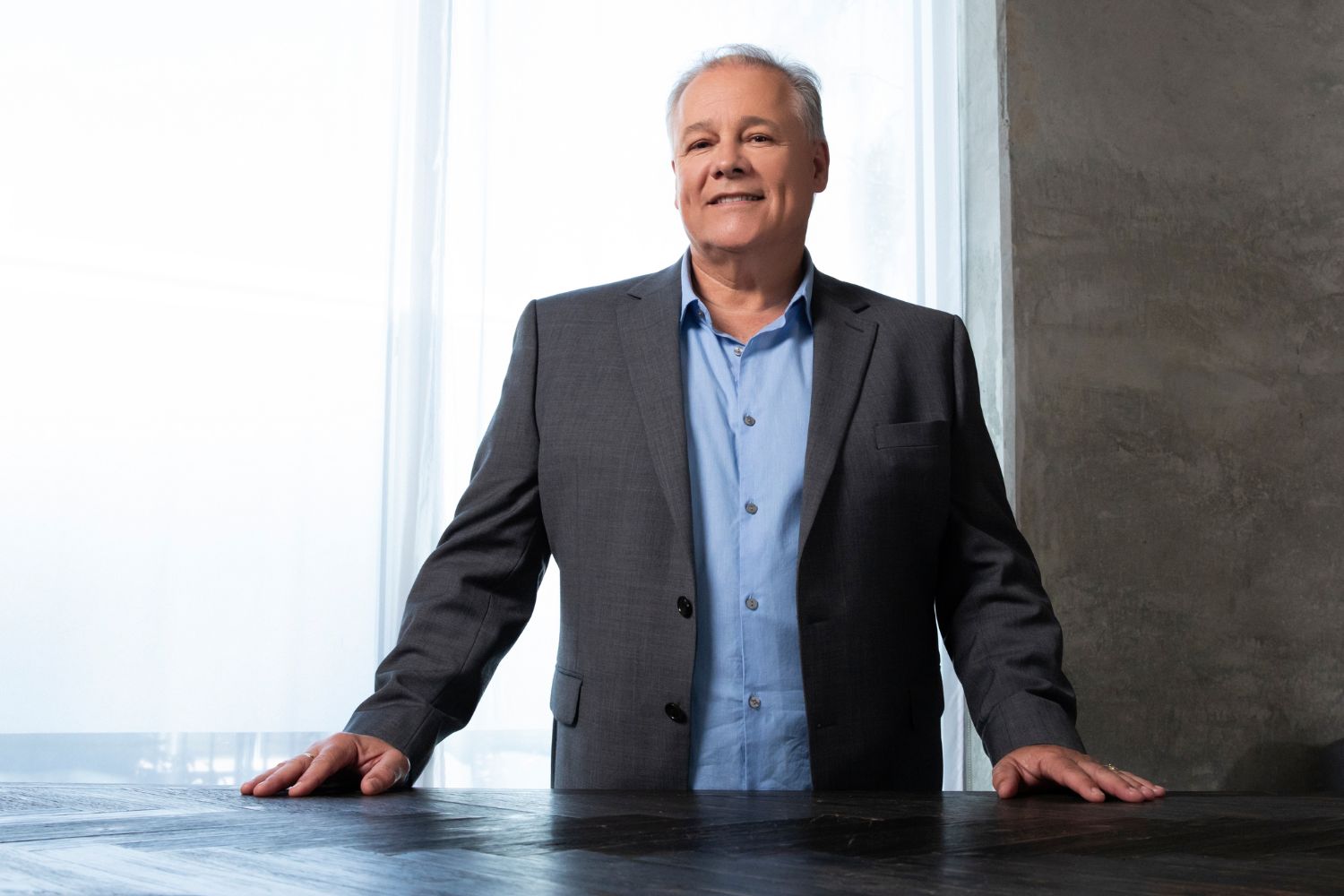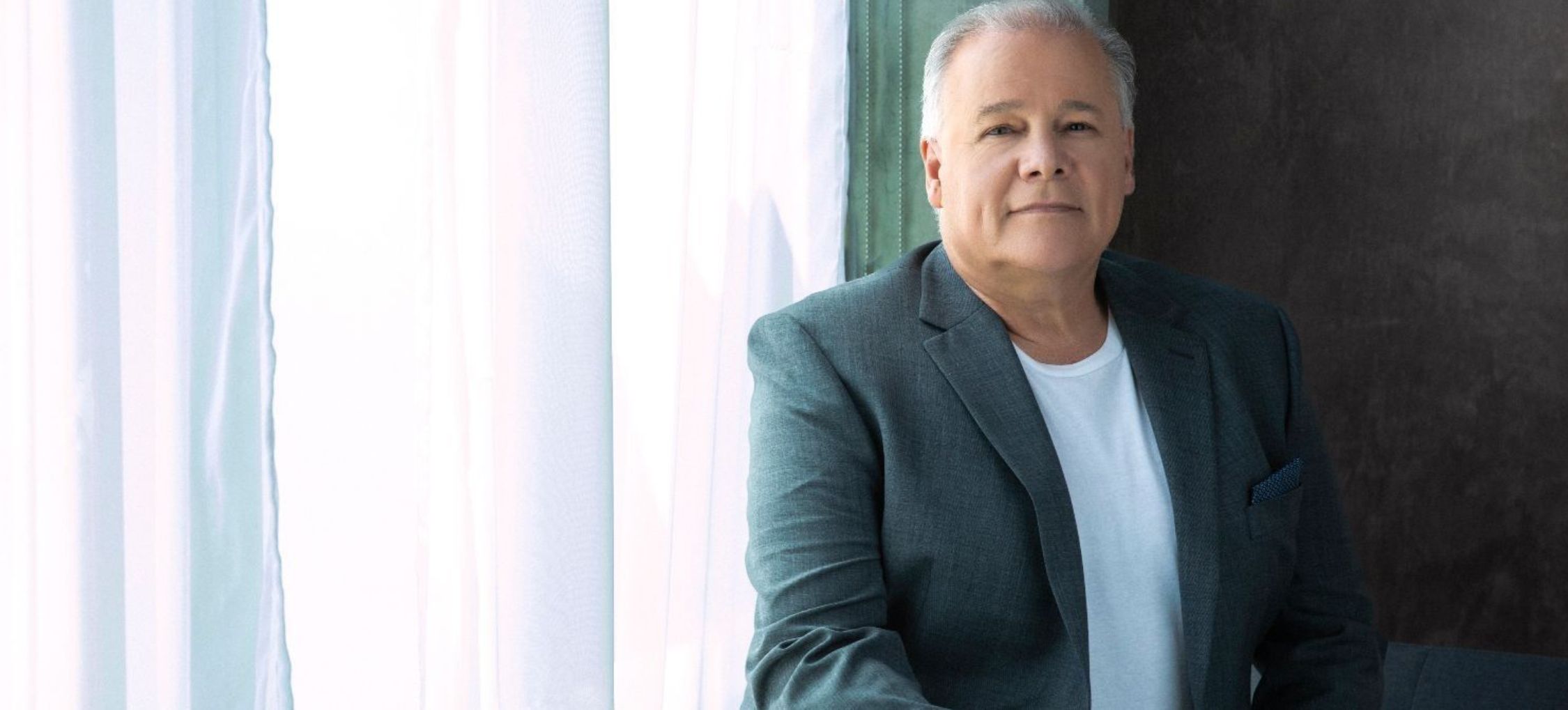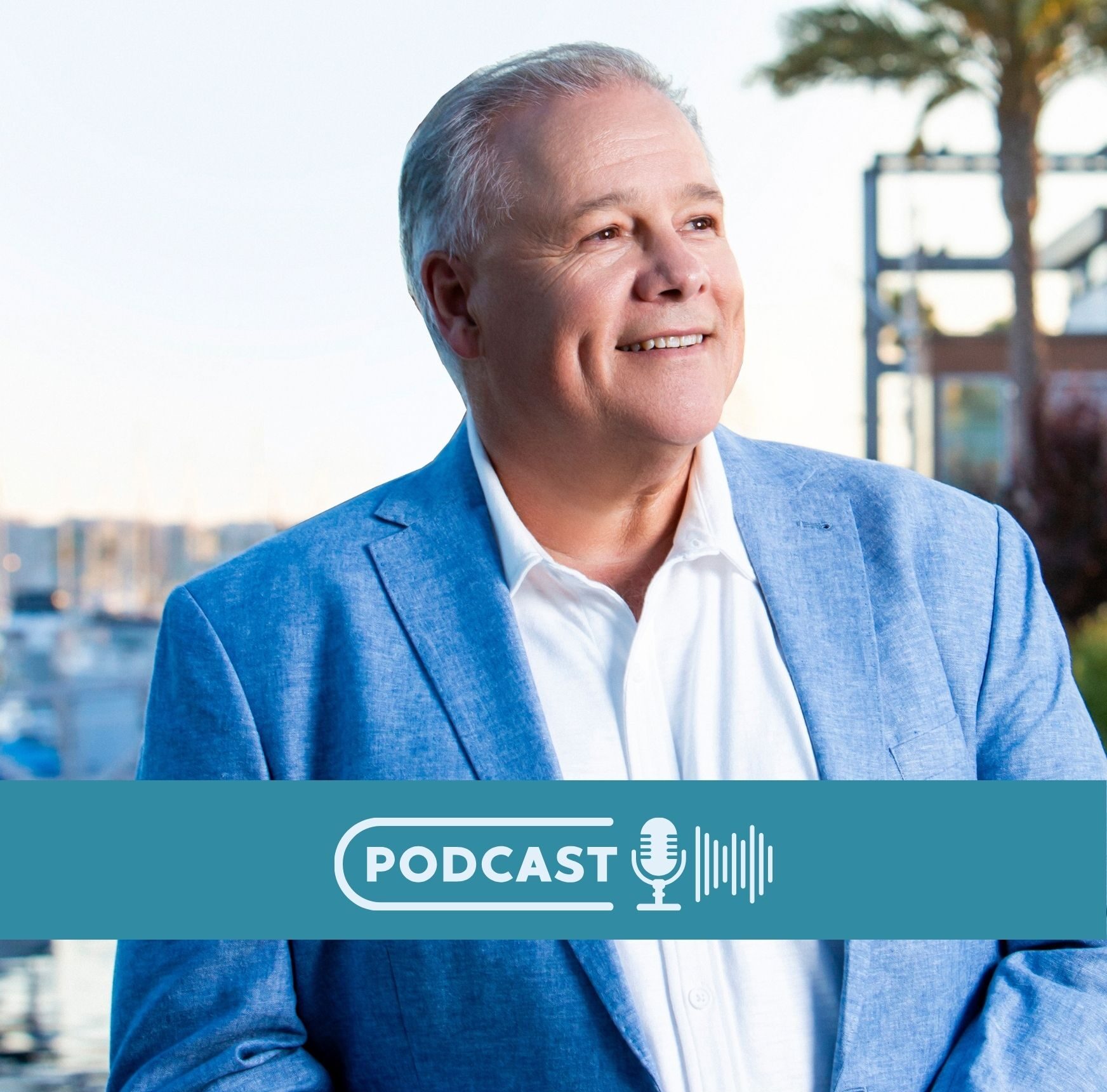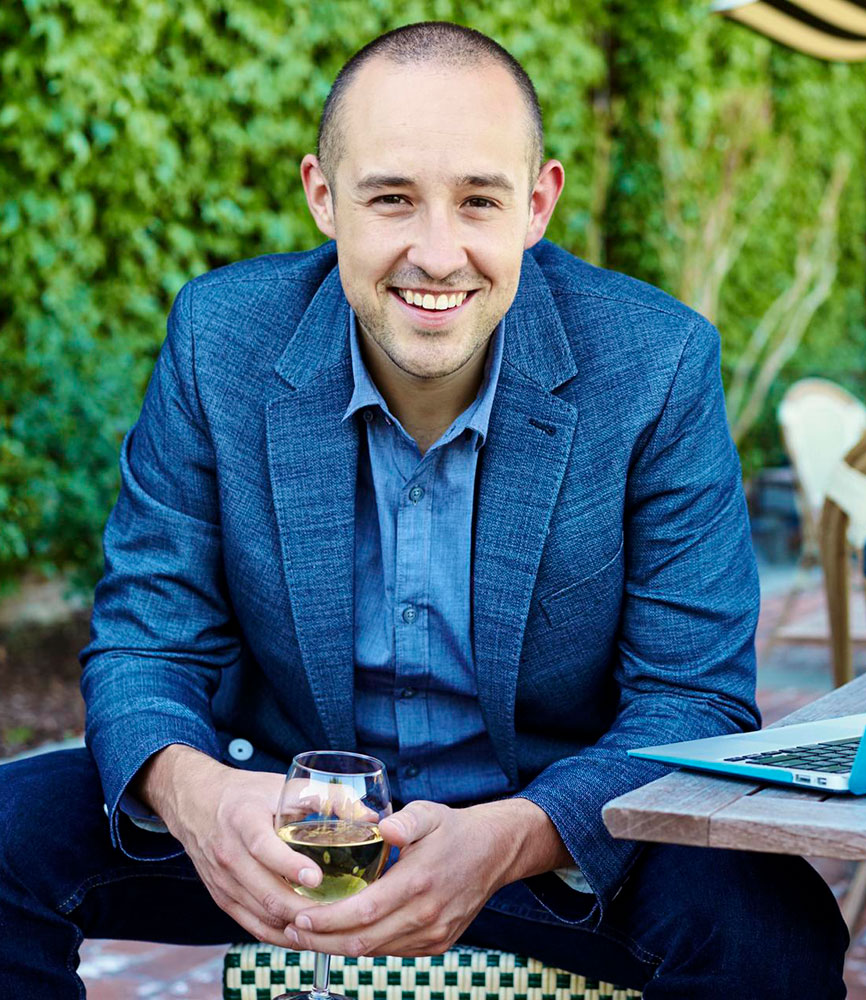Whatever business you’re in, you’re in the people business. And the degree to which you as a leader connect with people—not as an authority but as an equal—is the degree to which you’ll lift yourself and those around you to success.
Few others embody this more than my latest guest on The Wisdom Of… Show, Bruce Cardenas. From his four years of active duty and eight additional years in the Marine Corps Reserve and his storied 20 years of service with the Los Angeles Police Department (LAPD), where he was recognized with over 20 meritorious citations and the prestigious police star for bravery, to his time as Chief Communications Officer (CCO) for Quest Nutrition, which he helped lead to a $1 Billion cash exit, his remarkable leadership abilities and commitment to making a difference shine through everything he does.
Throughout our conversation, his resounding empathy, depth of insight, and lens on leadership deeply connected with me, especially in a world where many feel disconnected from those around them. In every word, our conversation is brimming with poignant experiences, turning point moments, and potent leadership lessons that will open your heart to others and catalyze companies that transform lives and lead industries.
Want more visionary insights on how to build a business and become a founder worth backing? Watch the full interview with Bruce Cardenas now.
Do You Lead Or Do You Follow?
As we began our conversation, Bruce reflected on one of the first defining moments in his career, which came when he worked with the LAPD.
“When I was a young police officer, my training officer was an old senior guy named Bob. I remember he taught me one of the greatest lessons, which was to listen—to listen to understand. But he also taught me how I didn’t want to lead.
From the opening of his story, his experience shows us that we learn both the good and the bad from those who lead us. No leader (or person) is all good or bad, but shades of grey, and while we may look up to someone, it is important to understand how they may subtly shape us.
“We had detained a guy for a warrant, a big tatted-up biker. A lieutenant called me into his office and said: ‘You know Bruce, I saw you were being a little rough with him. I know why. It’s because you’re working with Bob, who’s cynical and jaded and needs to retire.’
‘But I know the Bruce who’s always laughing and smiling—who’s a natural-born leader. But you’re becoming a follower. Bob’s gonna retire soon, and you need to make your own way.’ That moment was defining to me as I realized Bob was changing who I was becoming as a leader by following him. From that experience, I truly defined my ability to lead myself.”
When we unknowingly absorb the negative traits of the leaders we follow, it can hold us back from developing the most positive parts of ourselves. From this moment, Bruce changed the way he approached his service and every encounter he had from that moment forward.
From Condescension To Compassion
“I had an older brother who spent 3 years in prison, and I thought: ‘My older brother was a genuinely nice guy who just got caught up in some drug issues.’ And I thought, ‘I wonder how he got treated when he got arrested,’ That’s how I started looking at everybody. That’s someone’s mom, that’s someone’s wife, that’s someone’s boyfriend, and who am I to be disrespectful to anybody? That’s how I conducted my life, and that’s how I do it in business now, too.”
This quality of always looking first for the humanity in others is one has shaped every interaction he has had in paying it forward, a key example being the story he recounted from when he was off probation and assigned in South Central LA, where there were many people on parole just out of prison.
“I found my partners always being condescending, but I tried to find a common ground with these guys. The subject of weight-lifting would get brought up and I found myself a few times having pushup contests with them on the streets. My partners would think at first that I was out of mind. But I’d tell them, ‘If we ever have a problem down here, it won’t be with these guys because we’ve shown them respect.’ ”
Next time you’re working with someone, ask yourself, ‘Am I treating this person with judgment as an authority, or am I treating them with respect as an equal?’
This practice of embodying empathy and showing compassion where others would be defensive is one that shaped Bruce as his career shifted from community service to corporate leadership.
Embodying A Living Company Culture
He recalled how this empathy and spirit of kindness began to show itself in everything he did as he told me about his time as the CCO (Chief Communications Officer) at Quest Nutrition.
“I remember at Quest, we focused on developing this culture. We would focus on delivering happiness. I would instill that in meetings, and we decorated our building with quotes and things. I think that even though some people were a bit resistant to it at first, we made it so when you walked in the room, you couldn’t help but smile.”
His concept of delivering happiness and placing kindness as a key value and a living spirit at your company is compelling because culture is far more than what you have—it is how you act—and how you show up every day.
He then continued by telling me about the conversation he and a CEO he is helping had during which they discussed why he feels, in his words, “I don’t think anyone at the company likes me.”
He goes, ‘I have a great culture here.’
I go, ‘What makes you believe that?’ and he goes, ‘I have a really great break room.’
I said, ‘That doesn’t make culture. Culture is something that when you walk through the front door, you feel it—when the receptionist knows your name. You have a business you want people to believe has a good culture, but you’re not being honest with yourself.’
I asked him, ‘When’s the last time you’ve gone out and sat in the cubicle with the lowest level person?’ and he said, ‘I don’t have time for that.’
I said, ‘You have time. You just don’t make time. People will go to the ends of the Earth for you and battle with you if they know you spent time with them and care.”
As he closed this illuminating story, I couldn’t help but think to myself how often we as leaders lose sight of what a great culture really is and don’t put in the time to develop it because of what we feel being a leader demands of us.
It’s a cultural marker that he says, “I don’t have time for that,” when referring to spending time with his lower-level employees.
What it really communicates is, “I don’t, and we don’t as a company, have time for people.”
It’s important to prioritize these things because culture is what we do, but the output is the character of our company.
Every leader should ask themselves: “What kind of character do we want the world to see from our company?”
Leading from a place of truly putting people first and delivering happiness will not only change the lives of your employees but also massively increase your company’s productivity and profitability.
The Power Of 1,000 Screaming Fans
As we wrapped up our conversation, I asked him what the top lessons he would give to growing ambitious and people-focused founders are.
What he outlined was startling in its potential to save you millions in missteps and make you millions more in profit over time.
1: Weather Test Your Offer With Strangers
“Make batches of 100 and then another 100. Give them to strangers and have them give feedback on every facet of the product. Get people to buy in and make sure they love it.”
This practice of making small batches (or a beta-launch/minimum viable product) is critical to ensure that you truly have a great product that is, beyond people, the cornerstone of any successful business. Embodying this and incurring your product or offer is truly loved before putting a lot of marketing behind it can also save you an immense amount of time, money, and frustration.
2: Focus On Reorder And Measure By Repeat Customers
“You gotta get people to buy and re-order. It doesn’t matter what kind of company you run—this is applicable. It’s not a one-and-done.”
It is crucial to focus on repeat customers and reorders, as most of the time, leadership will judge the satisfaction of their audience by customer experience surveys when, in reality, the numbers do the talking. If people love what you do, what you make, and what you stand for, they will show it with their wallets.
3: Get 1,000 Screaming Fans
Going off of the loyalty metric, he described this practice of getting your first 1,000 screaming fans.
“If people like you, you’re gonna listen to you. If they trust you, they’re gonna buy from you. But if you transform their lives, they’ll go from the highest mountaintop and scream your name.”
The ability to turn customers into ambassadors and delight them to the point where they’ll practically do your marketing is incredibly powerful and central to Quest’s legendary success, and it can be for yours.
As an embodiment of servant leadership and the potential of kindness as a superpower, I immensely enjoyed my opportunity to sit down with Bruce. I hope you can find gems of profound insight and genius in our conversation, just as I did.
These simple but profound concepts challenge us all to lead our businesses and lives with an eye to our fellow man. After all, in the end, we are in this game for reasons bigger than ourselves, and at the heart of it all are the people we touch along the way.
If you enjoyed what you read, I encourage you to watch this episode.
Immerse yourself in Bruce Cardenas’ profound wisdom garnered over his tenure with the LAPD, his time as CCO of Quest Nutrition, and his experience mentoring high-level founders across the globe. From the simple to the profound, Bruce’s advice puts the business into perspective and reminds us that every enterprise is, at its core, a human one.
Join the transformation and conversation…
Watch the full interview with Bruce Cardenas on The Wisdom Of… Show
And don’t miss Simon Bowen’s transformative masterclass on unlocking your hidden genius. Your future self will thank you.

